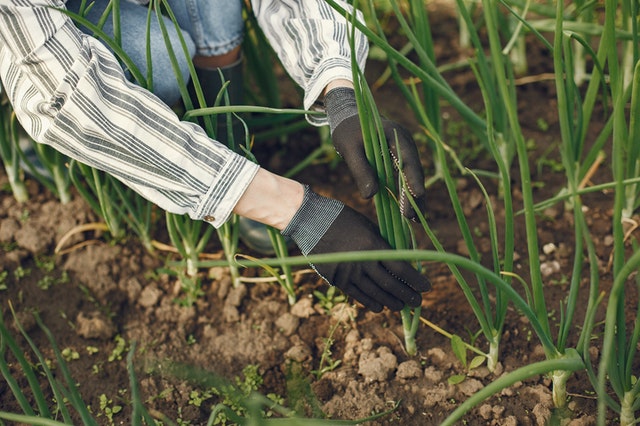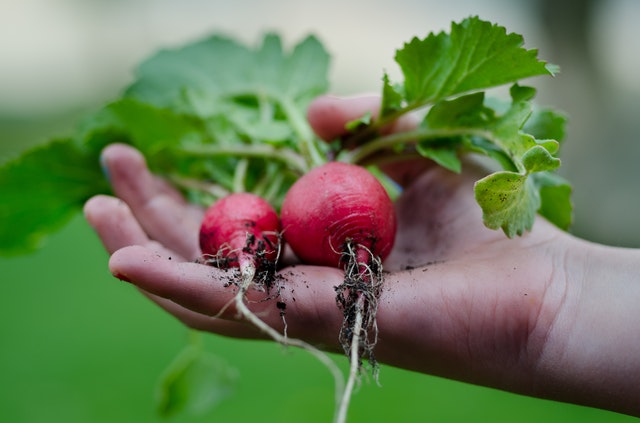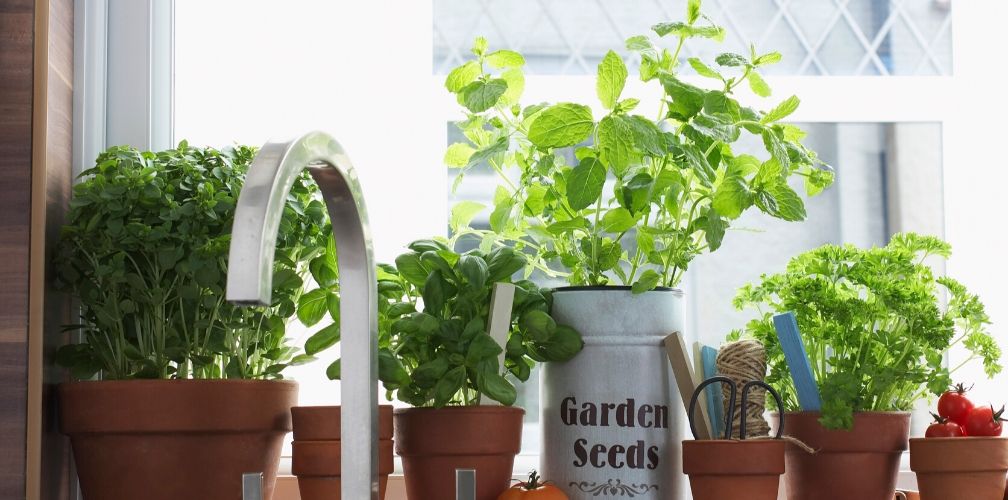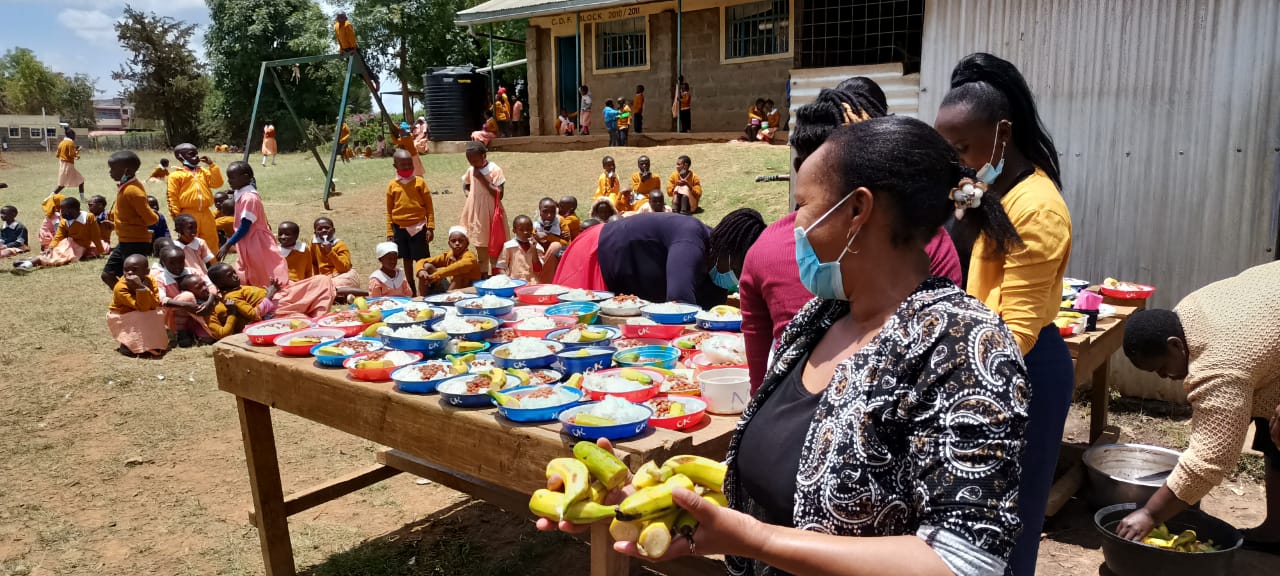Are you worried about the rising food prices? One method of keeping the food prices low is through kitchen gardening. Also known as a survival garden, it involves growing vegetables at your home space during times of crises such as war or inflation. You will use the harvests for self consumption and sell the excess yields to family and friends.
Home gardening can be done on any available space such as your, backyard, rooftop or balcony. Modern kitchen garden ideas include making vertical gardens, tower gardens, sack gardens and container gardens for urban farmers.
There are many other benefits of kitchen gardening apart from controlling food prices. They are organic farming, saving and making money and teaching your children as a fun activity..
Why are global food prices high?
What is the connection between home gardening and food prices? To answer this, you need to understand the reasons why the local and global food prices are high.
Global food prices have been on rise since mid-2020 due to the COVID-19 pandemic, straining supply chains among other challenges.
In Kenya food prices are expected to keep rising due to various causes such as droughts, poor yields and overreliance on food imports.
Explore; Why food prices are high in Kenya
Benefits of Kitchen Gardening in Kenya

Through kitchen gardening you can keep food prices through the following benefits as follows;
- Save money/cut your food budget by growing your own
- Improve household food security by increasing local supply.
- Promote food safety through organic farming that is free of synthetic fertilizers and chemicals.
- Make money by selling excess home garden supplies.
- Diversify your family diet and nutrition by growing a variety of fruits, vegetables etc.
- Enjoy a rewarding hobby
- Reduce environmental pollution & greenhouse gases emission during food transit
- Create urban employment
- Teaching your children about food production & preservation.
Save money/ cut your budget on food
What percentage of income does your family spend on food? A Kenyan citizen spends around 52.2% of their income on food. In Nigeria and Cameroon you spend 58.9% and 45.5 % of your income on food respectively. One way to cut your budget or spending on food is growing some your own such as vegetables, fruits and poultry meat.
How does homegardening save you money? Market products prices are high due to transport, storage and middle men costs passed on to the final consumer. By growing your own in a kitchen garden, you will be free of those unnecessary costs. Money saved by cutting down your shopping can be saved and invested for other needs.
Improve your food security & availability
The major motivation for having a kitchen garden is to improve your food availability. Your Family is likely to face famine during crisis such as war, pandemics, floods or earthquakes. These may cut contact between farmers and consumers leading to inflation, you may go hungry due to food shortage or rising food prices.
To avoid going hungry, grow an organic vegetable home. Plant the fast maturing vegetables such as kales, amaranth and managu that you can harvest in as less as 30, 45 or 90 days.
For consistent supply of food from your kitchen garden, Agcenture recommends that you practice staggered planting and mixed cropping.
- Staggered planting. You can define staggered planting as the practice of spread sowing of seeds over a period of time such as a few seeds/ rows every week or two over the course of a month. Advantages of staggering planting are having an extended harvest and ensuring maturity of vegetables at a reasonable or manageable pace.
- Mixed Cropping; Practice polyculture, companion cropping or crop rotation for nutrition diversity and other benefits
Promote food safety and health
Do you know you are mostly buying contaminated food unfit for consumption from the markets? contamination are on the rise. The contaminants may be pathogens, chemical residues or dirt. These are introduced by unhygienic growing, handling and distribution of food. As a result, there are many cases of infections and deaths after eating harmful foods. You can avoid this by growing your own.
Growing your food at home can eliminate the above harm. You are in control, making sure it is hygienic and safe. Growing it organically eliminates the use of farm chemical fertilizers and pesticides. This improves food safety and the health of your family.
Make Money
Profitable businesses thrive by solving social problems for a profit. You can make money by selling excess harvests from your kitchen garden to friends. Besides, you can serve unmet demand in high-value niches like home-grown organic greens. For convenience, set up an online store to reach for your potential consumers. Couple this with door-step deliveries
Other business ideas in kitchen gardening include; distributing information. Supplying farm inputs and marketing farmers’ produce.
You can improve your kitchen garden into an intensive commercial urban farm. Farming neighbours can set up a growers’ association or a cooperative to enjoy the economies of scale.
Caloric and nutritional Variety.

Access to quality food is a big challenge. This is true for both rich and poor. Intake of fast foods and processed products have aggravated lifestyle diseases like cancer, obesity and diabetes. Malnutrition is high among poor families who cannot afford nutritious foods. Their intake of proteins and vitamins is poor as they allocate their little income to cheap staple meals.
A kitchen garden is a rich source of nutritious foods. You can grow many crops including herbs and spices like chives for essential vitamins and proteins. You can diversify into micro greens, sprouts and young vegies like baby spinach. There is a variety of recipes you can use to prepare them including raw salads, extracted herbal teas, cooked or added to soups.
Hobby.
Crises affect our mental health negatively. This is worse during COVID-19 lockdown, because of constant worry and uncertainty. With the free time at your disposal, start your survival garden as a hobby.
Farming is therapeutic and a great way to connect with nature. It is fulfilling, in dirtying your hands and grow tasty vegetables and fruits. Tending to your crops is a perfect distraction from worries of life. It is also rewarding as you can set goals, work towards them and celebrate after achieving them.
Environmental benefits.
The distance between food growers and consumers is widening. The Average distance that food product travels is over 1500 miles from field to fork in America. During transit, over 40 per cent of the food harvested will spoil before consumption. In addition, shipping food emits tonnes of greenhouse gases depleting our natural environs.
Growing a survival garden is an eco-friendly food production method. It cuts on greenhouse gases by reducing travel time and food spoilage. Other benefits include the use of organic waste materials like manure and foliage. Urban farming helps in recycling plastic bags and cartons in container gardens. When you grow crops in lawns, it adds life and aesthetic beauty to your surroundings.
Social benefits.
Urban unemployment is a key social challenge in most cities. This is worse among vulnerable social groups like women, youth and emigrants in informal settlements. Putting food on their tables is hard given they have limited means to generate income.
NGOs, faith-based, and community organisations can facilitate in setting up of community urban farms. In the social program, the beneficiaries provide labour for cheap food and wages.
Related: Advantages of urban farming
Educating Young Ones

Through observation and participation, One can learn many skills in gardening. Establishing one is the best way of teaching your kids about land preparation, crop management and food preservation. Besides, it is a way of getting free labor from them.
Growing an agri-COVID vegetable garden is a great indoor and outdoor fun and learning activity for kids of any age. They will appreciate aspects of food production, distribution and food waste. Besides, it a good way to teach sustainability, eco-friendly production and animal welfare.
READ NEXT: How to start an Organic Home Garden-A Quick Guide
There are many benefits of growing a survival garden. You can start it up on a balcony, indoors or open field. As most people are staying at home during the COVID-19 pandemic, it’s a rewarding hobby to start now. To be effective in establishing and maintaining one, our quick start guide to start one may be beneficial.



